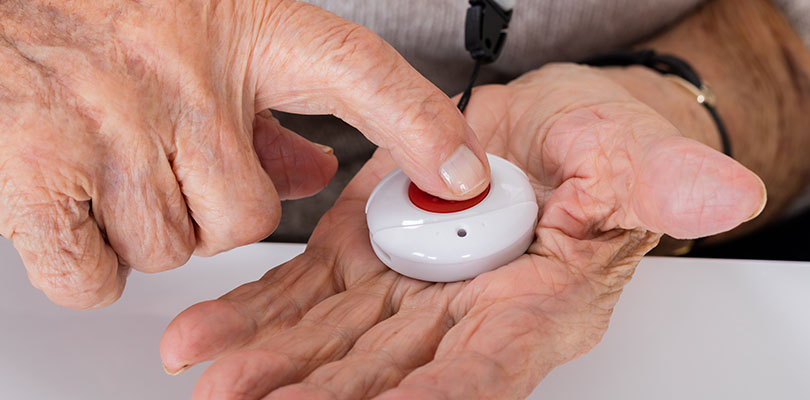The Reasons Why You Have a Runny Nose
A chronic runny nose, or rhinorrhea, can be an uncomfortable experience for anyone. Often, a runny nose may be a side effect of a cold or flu, but sometimes they occur for a variety of other reasons.
Either way, nobody enjoys life with a stuffed up airway. Drainage from a runny nose may range in color and consistency. Sometimes people have clear-colored mucous while others have yellow or green which could indicate infection.
While most people connect a runny nose with drainage from the nasal cavity, it can also drain down the throat causing soreness and irritability. Sometimes, a runny nose is just irritating while other times it can lead to severe nasal congestion and difficulty breathing.
Runny Nose Symptoms
Identifying the symptoms of a runny nose may be obvious. Drainage is expected. However, other symptoms can occur due to a runny nose. These symptoms can happen if you allow rhinorrhea to remain untreated for a period of time.
Common symptoms include:
- A sore throat
- A cough
- Itchy eyes
- Sneezing
- Body aches
- Fever
Rhinorrhea can make a person feel overall crummy. This indicates just how incredibly interconnected the body truly is. If you start to experience other signs of illness, you should reach out to your doctor to rule out more serious health concerns.
What Can Cause a Runny Nose?
There’s no one-size-fits-all approach when it comes to identifying the cause of a runny nose. The reason may be just as unique as the person suffering from it.
If you notice that you have a runny nose often throughout the year, you may want to create a journal to document it to show to your doctor. However, there are a few culprits that usually play a role in excessive nasal drainage.
Common causes include:
- Allergies
- Upper respiratory infection
- Exposure to irritants such as cigarette smoke
- Stress
Wisdom teeth are the last set of molars at the back of the mouth and don’t typically appear until years after the rest of the adult teeth have grown in.
- Hormone fluctuations
- Exposure to different weather patterns
- Certain odors
- Foods
- Medications
All of these things can cause a runny nose. Be mindful of what impacts your nasal drainage so you may avoid these irritants in the future.
How to Stop a Runny Nose
If you are suffering from a runny nose, then you are likely eager to learn how you can treat the pesky symptoms.
There are many things you can do to help curb some of the most desirable aspects of having a runny nose:
- Gently blow your nose and wipe drainage away to help reduce the buildup of snot in your nasal cavity. Be mindful not to blow your nose too hard as this could irritate your nose and lead to more drainage.
- Use a Neti-Pot to clear out your nose and provide instant relief. While it is likely that drainage will return, using water to clear out the build-up can offer a few minutes of breathing better.
- Sitting in a steamed room can also break up the digestion. You can do this by turning on the hot water in your shower and allowing your bathroom to fill up with steam. Sit in the room for a few minutes to break up the snot and breathe easier.
- There are a variety of over-the-counter medications designed to reduce digestion and stop a runny nose. Be sure to read the instructions for any side effects and proper dosage.
- Be sure to get plenty of rest. When our bodies don’t feel well, the best thing we can do is give ourselves a timeout. Take as many naps as possible and try going to bed earlier so your body has an opportunity to health itself.
- Drink plenty of water. The last thing you need is to become dehydrated on top of having a runny nose.
- Eat plenty of healthy foods to promote your body’s healing.
- Spicy foods can also open up the airway and allow you temporarily breathe better.
- You can also try to clear the air with a purifier machine. Removing irritants from the air can help you get better faster. You can also put a bit of mint in the purifier to help you breathe more comfortable, too.
In Conclusion...
A runny nose can be aggravating and even lead to other health issues. Take care of yourself when your body is telling you that something is wrong. While most will remedy itself in a matter of days, prolong drainage may warrant a visit to your doctor.
If you have chronic rhinorrhea, then you may need to talk to your doctor about allergies or other underlying issues. Your doctor may also be able to prescribe medication to help.







